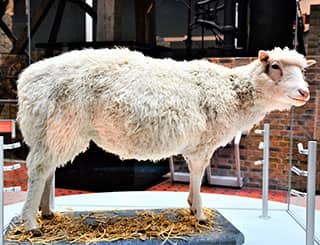Course Description
This course applies the tools of anthropology to examine biology in the age of genomics, biotechnological enterprise, biodiversity conservation, pharmaceutical bioprospecting, and synthetic biology. It examines such social concerns such as bioterrorism, genetic modification, and cloning. It offers an anthropological …
This course applies the tools of anthropology to examine biology in the age of genomics, biotechnological enterprise, biodiversity conservation, pharmaceutical bioprospecting, and synthetic biology. It examines such social concerns such as bioterrorism, genetic modification, and cloning. It offers an anthropological inquiry into how the substances and explanations of biology — ecological, organismic, cellular, molecular, genetic, informatic — are changing. The course also examines such artifacts as cell lines, biodiversity databases, and artificial life models, and using primary sources in biology, social studies of the life sciences, and literary and cinematic materials, asks how we might answer Erwin Schrödinger’s 1944 question, “What Is Life?”, today.
Course Info
Instructor
Departments
Learning Resource Types
notes
Lecture Notes
assignment
Written Assignments
Readings

The preserved remains of Dolly, a female sheep and the first mammal cloned from an adult somatic cell. (Image by Mike McBey on Flickr. License CC BY.)








